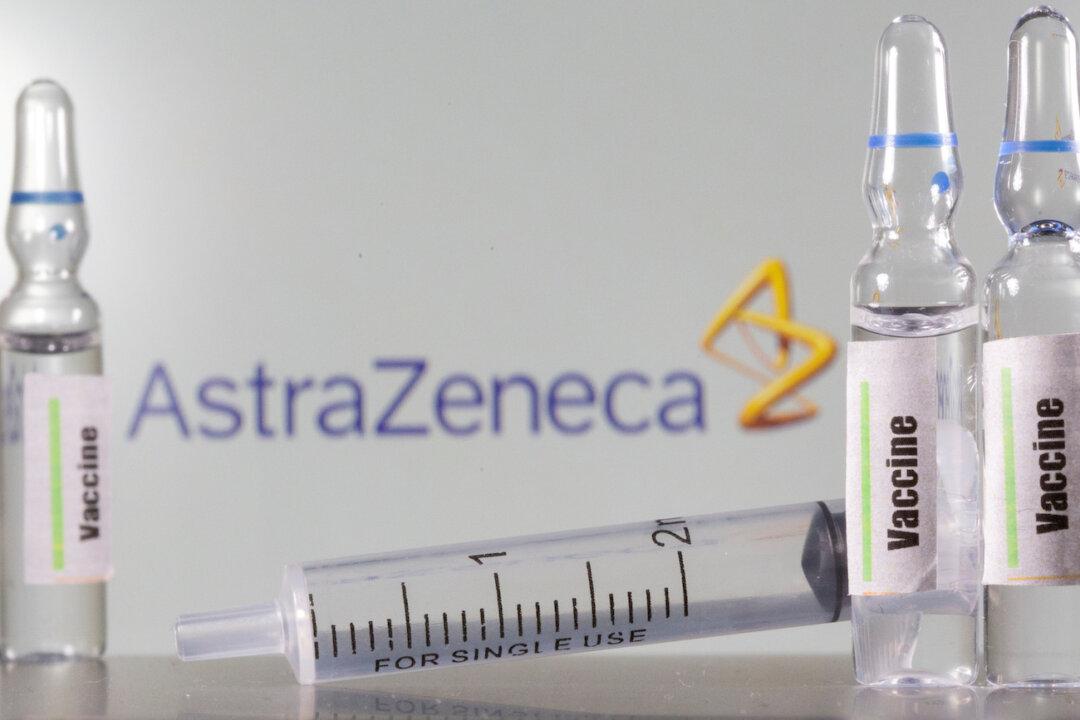The COVID-19 vaccine being developed by Oxford University and AstraZeneca triggers a “robust” immune response in people in their 60s and over 70, according to researchers.
Published in the Lancet on Wednesday, interim results from the Phase II trial of the Oxford/AstraZeneca vaccine show that it triggered similar levels 0f antibodies and T-cell responses across all ages.





